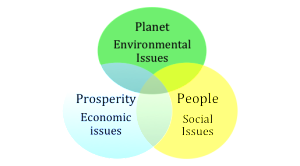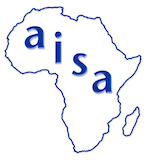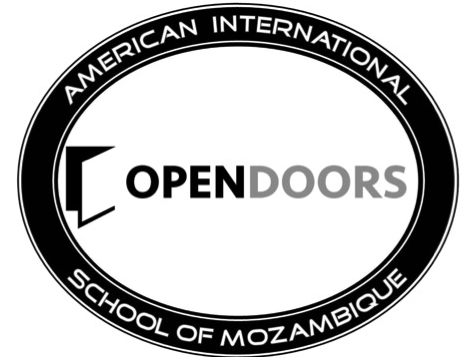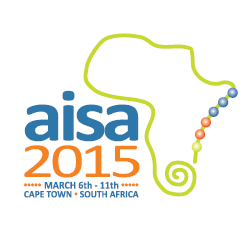This year’s summit will be hosted by the American International School of Mozambique, from April 23rd to 25th at the Joaquim Chissano International Conference Center, in Maputo. 2015 will feature the seventh annual Global Issues Service Summit.
Lanzelela: Educating for Sustainability
 The theme for 2015 is Lanzelela: “Educating for Sustainability”. Lanzelela is our home word for “an important pursuit” or “pursue a goal”; coined in Changane, a language common in southern Mozambique. Our pursuit for the 2015 summit will be to understand and promote Education for Sustainability. We believe education is the key to unleashing sustainable attitudes. It has the essential role of forming citizens who are engaged to their communities’ improvement.
The theme for 2015 is Lanzelela: “Educating for Sustainability”. Lanzelela is our home word for “an important pursuit” or “pursue a goal”; coined in Changane, a language common in southern Mozambique. Our pursuit for the 2015 summit will be to understand and promote Education for Sustainability. We believe education is the key to unleashing sustainable attitudes. It has the essential role of forming citizens who are engaged to their communities’ improvement.
Educated citizens are committed to sustainable attitudes at home, in their businesses or workplace, in social enterprises, and among friends. They will share their sustainable attitudes with everyone around them creating a virtuous cycle.
Gain context about education: What is the state of education in the world today? How can education be more responsive to today’s global issues? What is the role of international schools in improving education, especially in developing countries? What is the importance of technology in 21st century education?
The term Sustainability has been around for a number of years. In the past, it was restricted to specific areas of environmental science, like forestry. In the last 20-30 years, however, it has become broader, applicable to several areas of study.
Today, the most used definition of sustainability is the one crafted during a United Nations meeting in 1987. This meeting produced a report called Our Common Future, in which sustainable attitudes are defined as meeting “the needs of the present without compromising the ability of future generations to meet their own needs.” (Our Common Future: 37) To achieve a sustainable society, we must balance our needs with the human and natural resources we have available, for present and future generations. Sustainability then calls for three major components: our planet, our people, and our need for prosperity. Sustainability is only achieved in the intersection of these areas.
Gain perspective about sustainability: How do the three key areas of sustainability interact? What are the roadblocks to sustainability? What solutions are in place today? What solutions can we think about for the future? Why is development different in Africa compared to elsewhere? How can we measure sustainability?
On the first day of AISA-GISS, we will explore the world’s most pressing issues, and their consequences. The second day will be dedicated to studying the solutions currently in place. Finally, the third day is dedicated to acting, where participants will directly deliver service in several organizations and Sustainability Teams will present their action plans.






